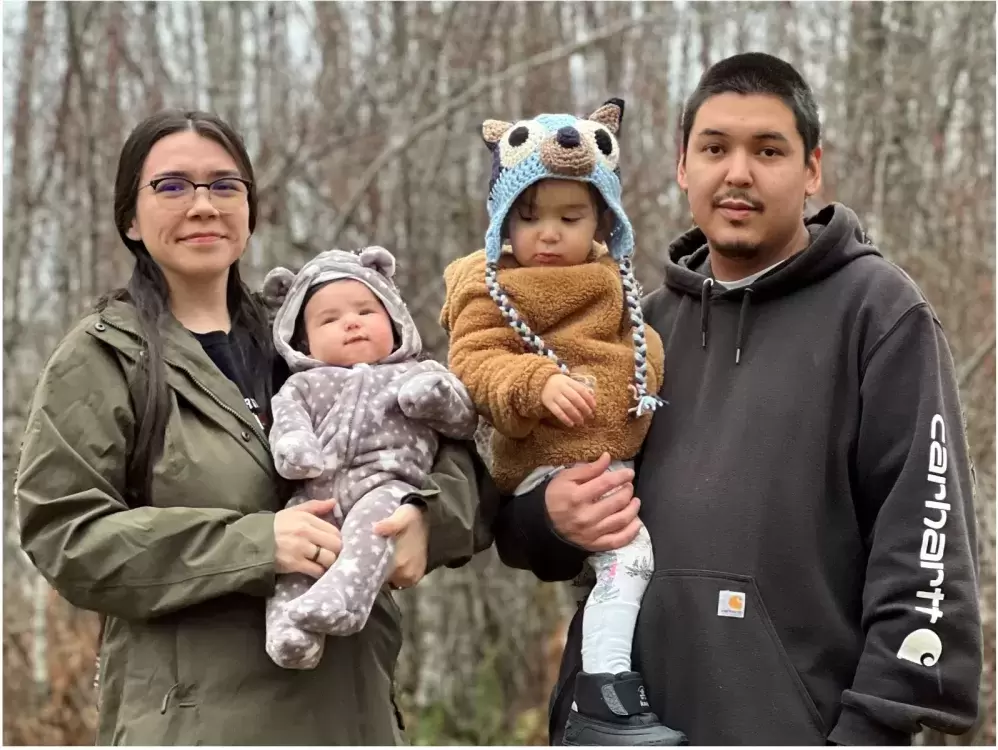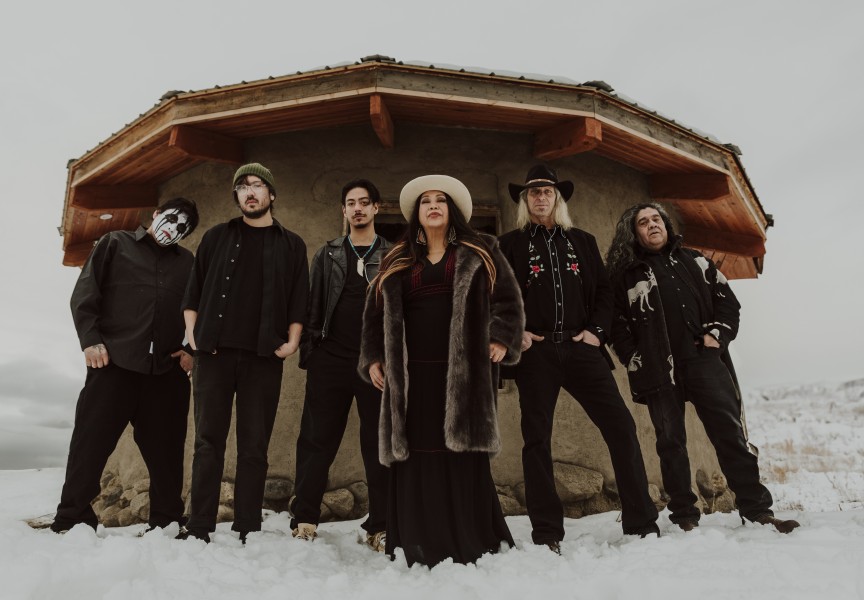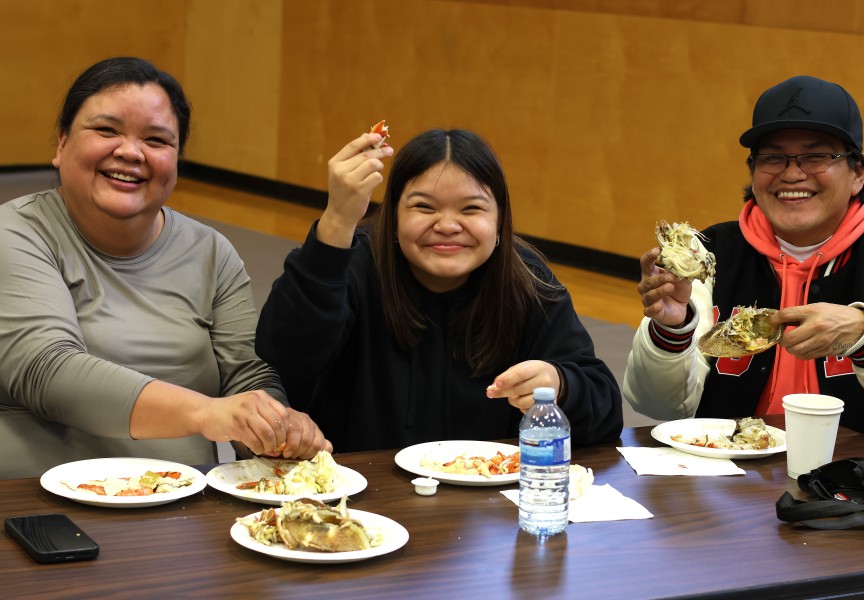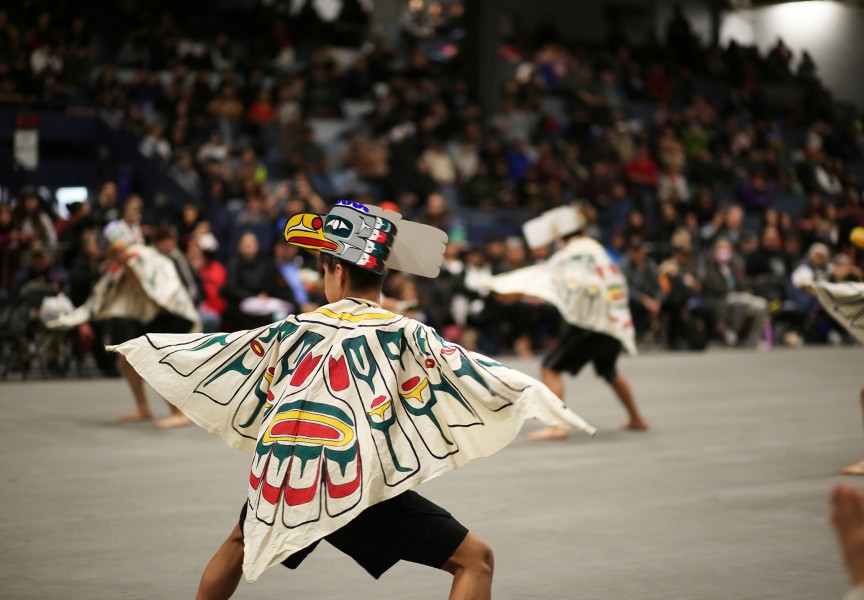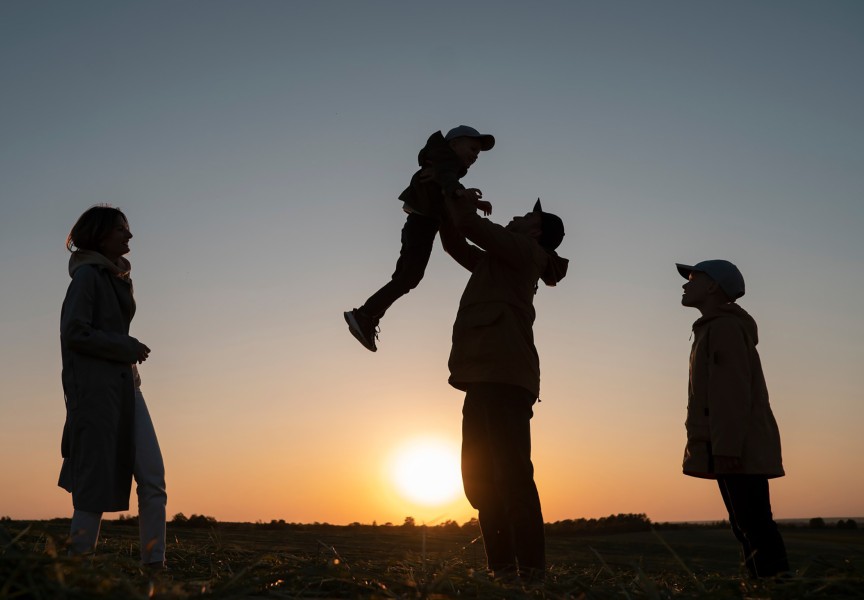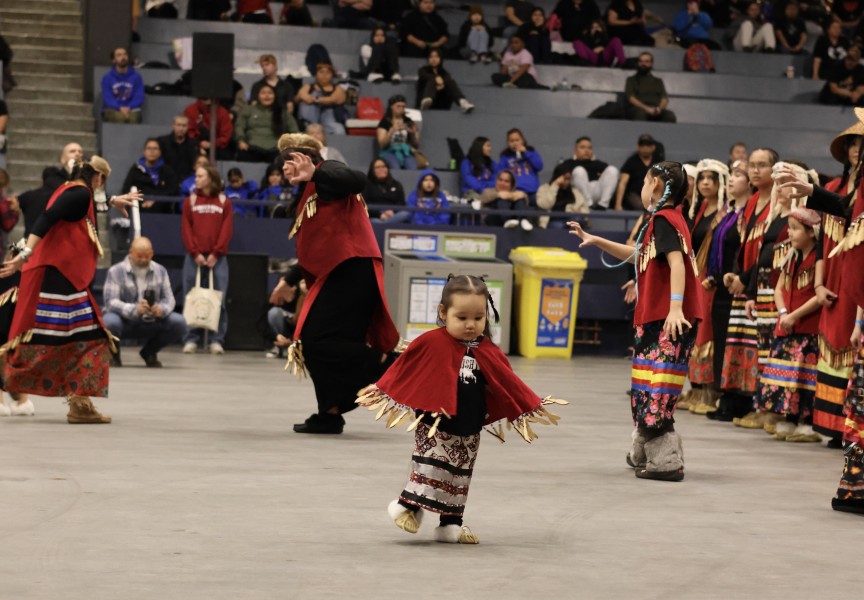Feb. 21 was International Mother Language Day and the First Peoples’ Cultural Council (FPCC) celebrated the occasion by releasing its Report on the Status of B.C. First Nations Languages 2022. Contained in the report is information about revitalization strategies and how they are progressing.
FPCC is a crown corporation launched by the government of B.C. in 1990 to fund, develop and administer programs that assist the province’s First Nations in their efforts to revitalize languages, arts, culture and heritage.
Through FPCC many programs and resources have been developed that will help revitalize languages. The organization offers things like the mentor-apprentice programs where a language learner is matched with a fluent speaker. They spend time together either in person or over platforms like Zoom for language learning. There have been several Nuu-chah-nulth-aht that have participated in this program.
“Despite the challenges First Nations communities in B.C. have faced in the past few years, language revitalization work continues,” said Mandy Leith of the First Peoples’ Cultural Council. “We are encouraged to see a significant rise in the number of adult learners, semi-speakers and language-immersion opportunities for young learners, which supports the generational transfer of First Nations languages in B.C.”
She went on to say that the FPCC supports several language programs, including a few for nuučaan̓uɫ (Nuu-chah-nulth) learners and fluent speakers.
Chrissie John of Ehattesaht has made great strides in language learning programs and is still learning from her elder mentor while teaching language both at work and in her home, to her children and partner.
John, who prefers to be called by her Ehattesaht name ḥakaƛ, is enrolled in FPCC’s Youth Empowered Speakers and the mentor-apprentice programs.
She is enrolled at the University of Victoria working on her Bachelor of Education/Indigenous Language Revitalization degree.
“There used to be 20 of us when we started in a classroom at North Island College in 2018,” said John.
Now there are only five left in the program, including one from Tseshaht, one from Yuułuʔiłʔatḥ and two from Tla-o-qui-aht.
ḥakaƛ is doing her final practicum at Haahuupayak School on the Tseshaht reserve. She says that she uses her native name with her students.
“They call me ḥakaƛ instead of Ms. John. I feel like this is important because we all used to have family names before mamałni (white people) renamed us,” said ḥakaƛ.
In order to teach the Nuu-chah-nulth language, ḥakaƛ has to learn it, so she takes part in the mentor/apprentice language program, where learners work directly with fluent Nuu-chah-nulth speakers. She has been blessed with someone fluent in the Ehattesaht dialect of the Nuu-chah-nulth language, a mentor she calls “Nan Fidelia”.
Fidelia Haiyupis was born Ehattesaht territory and is one of the rare elders fluent in this dialect of the language.
ḥakaƛ starts her day by preparing for her Zoom meeting with her mentor, who lives on the B.C. mainland.
“We do two-hour daily sessions starting at 9:00,” said ḥakaƛ.
Her lessons could be about whatever is going on at home or at work.
“The baby could be growing teeth and I learn how to say that, my Nan teaches me how to say that,” she explained.
After the language session with her mentor, ḥakaƛ may go to work at the school or the for the Ehattesaht Language Project. Whatever she is doing, she works Nuu-chah-nulth language into all facets of her life, including her home where she teaches her partner, Hughie Watts, and children what she has learned.
ḥakaƛ is looking forward to graduation this year.
“We finish in April and then grad is in June, she shared.
In keeping with the love of her mother language, ḥakaƛ gave her daughters Ehattesaht legal names. She admits it was difficult to make it legal but ʔiicʔan and nuusči proudly wear their names wherever they go.
“We use our language with them so that they will grow up with it,” said ḥakaƛ.
ḥakaƛ and Hughie use the language with their daughters at home.
“Learning at school is important but it’s so much better if you use it at home,” she noted.
Even though ḥakaƛ is taking university level language courses, they will not benefit her in one important way. She explained that the government of British Columbia doesn’t recognize Indigenous languages when teachers earn their degrees.
“If they have French then they get category five (diploma) while we only get category four,” she explained.
In B.C., teachers must earn a specific number of credits from a roster of courses set out by the province. Other language courses are on the list, but not Indigenous ones. But ḥakaƛ sees change down the road and hopes it won’t be long before teachers like her will be rewarded for their knowledge of Indigenous languages.
“I want to keep learning and it will probably be for the rest of my life,” said ḥakaƛ.
She noted that there are very few fluent Nuu-chah-nulth speakers, so she is grateful for the gift that elder mentor Fidelia is sharing with her. She can pay it forward and share with others.
“I am grateful to all the mentors,” said ḥakaƛ, adding that the late Katie Fraser, from Ahousaht, was her first language mentor.
“This is important to me because my mother and her parents were forced to go to residential school,” said ḥakaƛ. “I am honoring them and our people by doing this.”
According to the First Peoples’ Cultural Council, other nuučaan̓uɫ language projects they support include the Tseshaht Language Team.
“Tseshaht First Nation is also beginning to implement an adult immersion program and there are also Language Nests in Tla-o-qui-aht First Nation, Hesquiaht First Nation, and Huu-ay-aht First Nations,” said FPCC.

